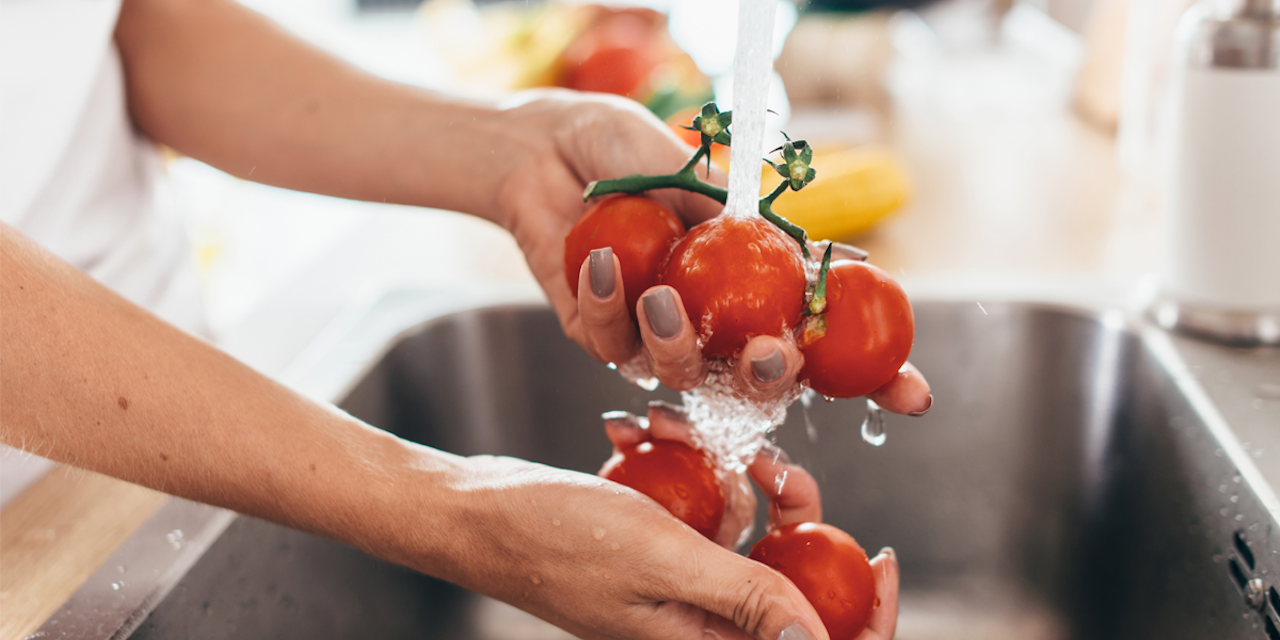The Truth about Eating Clean
What does it mean to eat clean? Eating clean means eating foods that are as close to their original state as possible. This means avoiding foods …
- Published: 4/2/2019
- Categories:
- 3 min. read

- Published: 4/2/2019
- Categories:
- 3 min. read
I remember it like it was yesterday. Everyone, everywhere suddenly talking about clean eating. Celebs swearing by it; nutritionists talking all about the different benefits, personal trainers repeating over and over just how much it helps clients in workouts.
After the initial hype though, there was a lot of confusion and even some backlash. What was clean eating really? Was it sustainable? Was it really good for you?
At Lifesum we avoided the buzz and embraced the hardcore facts. We knew that clean eating was great, and could work for a lifestyle of eating, and not just as a fad diet.
What does it mean to eat clean?

Eating clean means eating foods that are as close to their original state as possible. This means avoiding foods that are heavily processed or altered into different forms, and instead going for whole foods.
What are whole foods?

Whole foods are typically plant foods; which haven’t been refined or processed, or have been but very little. They’re usually free from preservatives, flavorings, and added fats. The general rule is that if you can look at it and know how it came to be in that state, and know and can trace each ingredient, then you’re eating a whole food.
Can you eat meat?

Long story short, yes. Some advocates of clean eating avoid meat altogether, but it’s definitely not a necessary part of clean eating. As long as you’re eating minimally processed meat that’s farmed in the wild rather than pastured or grain-fed, you’re in the clear.
How do I do it?

I’d argue there are three steps to adopting a clean eating lifestyle.
1 – Cut back on processed food

While clean eating is about more than calories and weight loss, cutting out sugary, low-nutrient, high-calorie, processed and refined foods like junk food, ready meals, take-out food is a simple way to get started on a clean eating diet, and will definitely result in some weight loss. You can say adios to all those empty calories!
2 – Eat your calories instead of drinking them

I love soda as much as the next guy but the truth is that it’s full of sugar and extra unnecessary calories. And unfortunately it isn’t the only culprit either: juices, although the may seem healthy, typically remove all the other helpful nutrients like fiber, and leave you only sugar. You’re better off eating your fruit than drinking it, or making your own smoothies at home.
3 – Embrace the whole foods

The hardest thing about clean eating is that it requires a little more time, thought, and energy. But what you give you get back in equal measure. Recreate some of your favorite meals from scratch using whole foods like sweet potatoes, brown rice, black beans and oatmeal. Because you’re eating whole foods you’ll be fuller for longer and won’t experience the same kinds of energy crashes you do on a high sugar diet, it’s definitely worth doing!
All of the content and media on Lifesum is created and published for information purposes only. It is not intended to be used as a substitute for medical advice or treatment. Users should always consult with a doctor or other health care professional for medical advice. If you have or think you are at risk of developing an eating disorder, do not use the Lifesum app and seek immediate medical help.